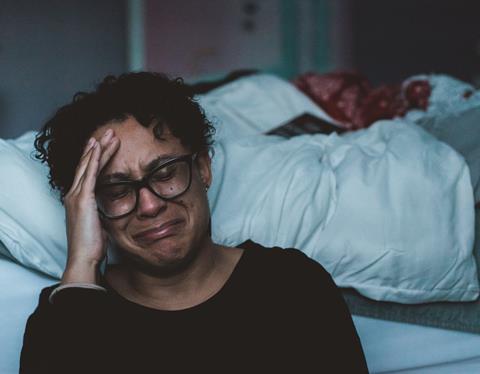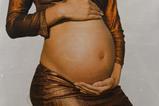Those struggling with an eating disorder don’t always get the sensitive response they hope for from the Church, here are the things that we should all know.

Growing up in a Christian family, my Sundays were revolved around Church and whilst I was not entirely sure what I believed at the time I enjoyed the social aspect each week going each week to Sunday School. But as I hit my teens, my life became overshadowed by an eating disorder. While I enjoyed church on a Sunday night and singing in the band, deep down I knew my main driver for going was so I could avoid family meal times.
I ended up being admitted to a mental health hospital when I was seventeen years old, with so much anger and frustration at everyone around me. Not only this but in that moment I wasn’t even sure how I could ever possible believe in God again.
Fast forward, 11 years I am giving my life back to Jesus after a whirlwind journey. But what I hadn’t expected when I became a Christian again that navigating recovery from an eating disorder would have other challenging dimensions returning to Church.
Here are ten things that I, and others in recovery, wish the Church knew about eating disorders:
That people miss out on events where there is food involved.
I get it, food is such a central part to communities, and to building up relationships but be mindful that for some people it feels impossible to navigate these situations when living with an eating disorder. Please think about whether you can vary up your events so that they don’t always happen over a meal time, perhaps instead of having a Men’s breakfast, do a Men’s morning coffee, that means we can all still come!
People with eating disorders do still eat.
There will be events we go to where we feel okay eating the food so when that happens please don’t assume everything is totally fixed.
That eating disorders come in all shapes and sizes
In fact, only 6% of people with an eating disorder are underweight. Eating disorders are not about body size, and we need to stop judging the severity of them based on a person’s BMI.
Telling us our bodies are the product of the Holy Spirit and made by God does not make us love our bodies anymore
In fact, these statements often leave us feeling guilty and wracked with even more shame!
When we get prayer there is more to us that the eating disorder
When we come up for prayer in Ministry time please don’t just pray for the eating disorder, but ask us what we would like prayer for.
If you are hosting a meal, ask us what would work for us - don’t make assumptions but listen to what would be helpful for us
This will look different to everyone but a few practical things to consider; this could look like inviting us to help cook, avoiding batch cooking, doing a bring and share meal, share menus the day before, and be mindful of not commenting on what people are having
That it can feel incredibly patronising and dismissive to be told that you should pray about it and that God has the power to heal
Whilst I believe in a God of miracles, it can feel difficult navigating questions around healing so please don’t just tell us to pray it over. Remember healing power can come in many different forms whether prayer, therapy, or through surrounding yourself with the right people!
That depression and anxieties associated with eating is not a result of you ‘not being faithful’ enough
So many of us grapple with feelings of shame around the eating disorder, combined with not feeling good enough, not feeling lovable, so when we are told that we are not being faithful enough, it can feed into this narrative of insecurities. Trust us we will have had worries and guilt about how faithful we are already!
That it isn’t about wanting to be thin
Eating disorders are one of the most stigmatised mental health issues to this day. They are still often viewed as a diet gone wrong, a lifestyle choice, wanting to be thin, perhaps even a vanity project, but eating disorders are really serious mental illnesses.
Talk about it, ask us how our recovery is going
Please don’t shy away from asking us how our recovery is going, or those more direct conversations. Whilst there is more to us that the eating disorder, it is important these conversations are brought out into the open!



































No comments yet